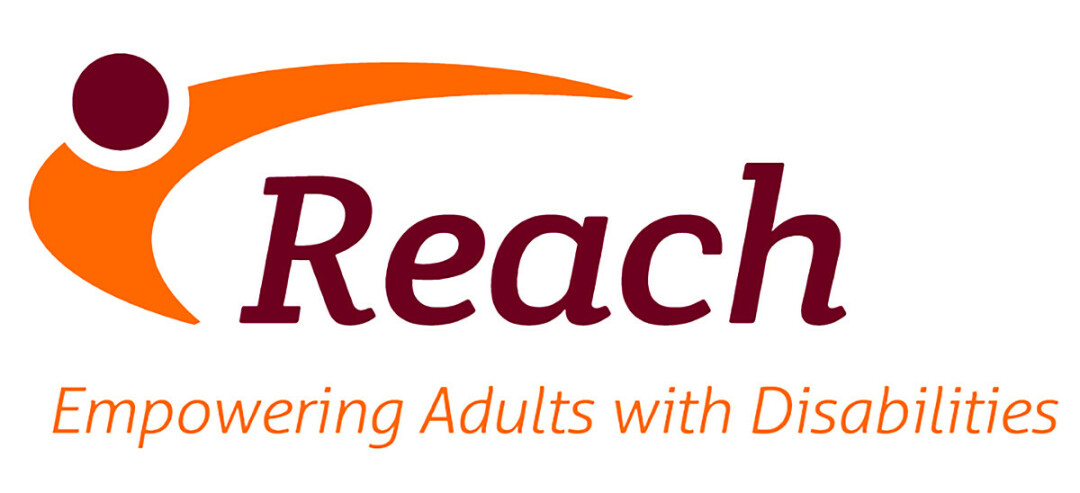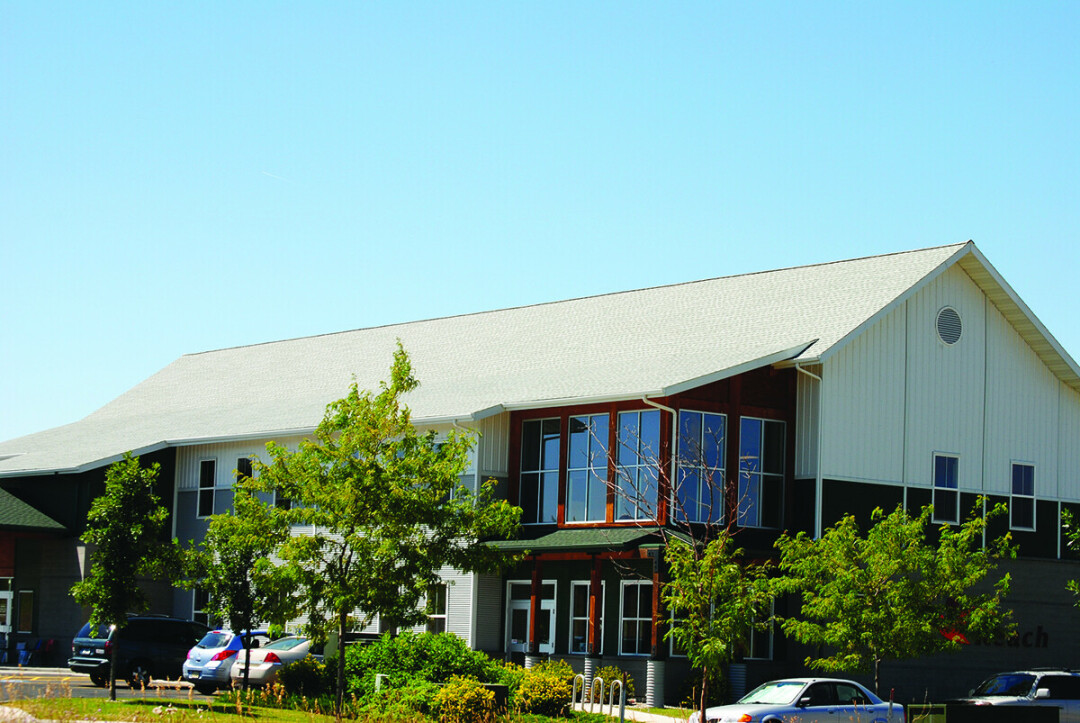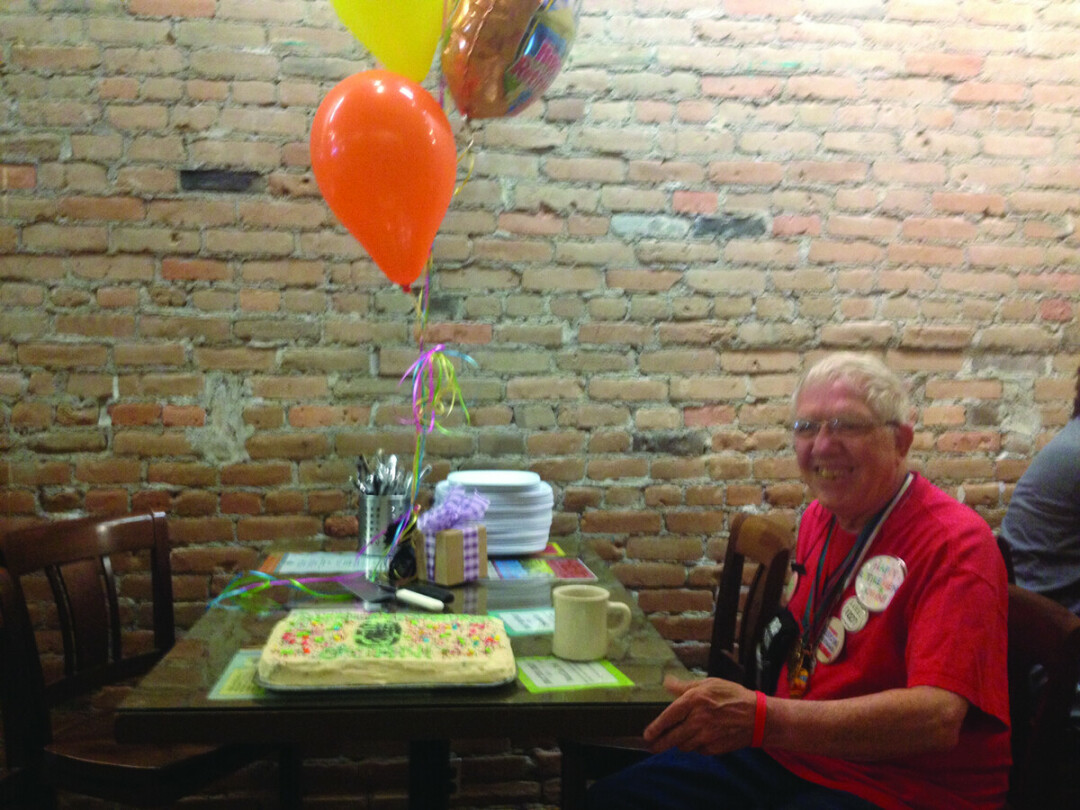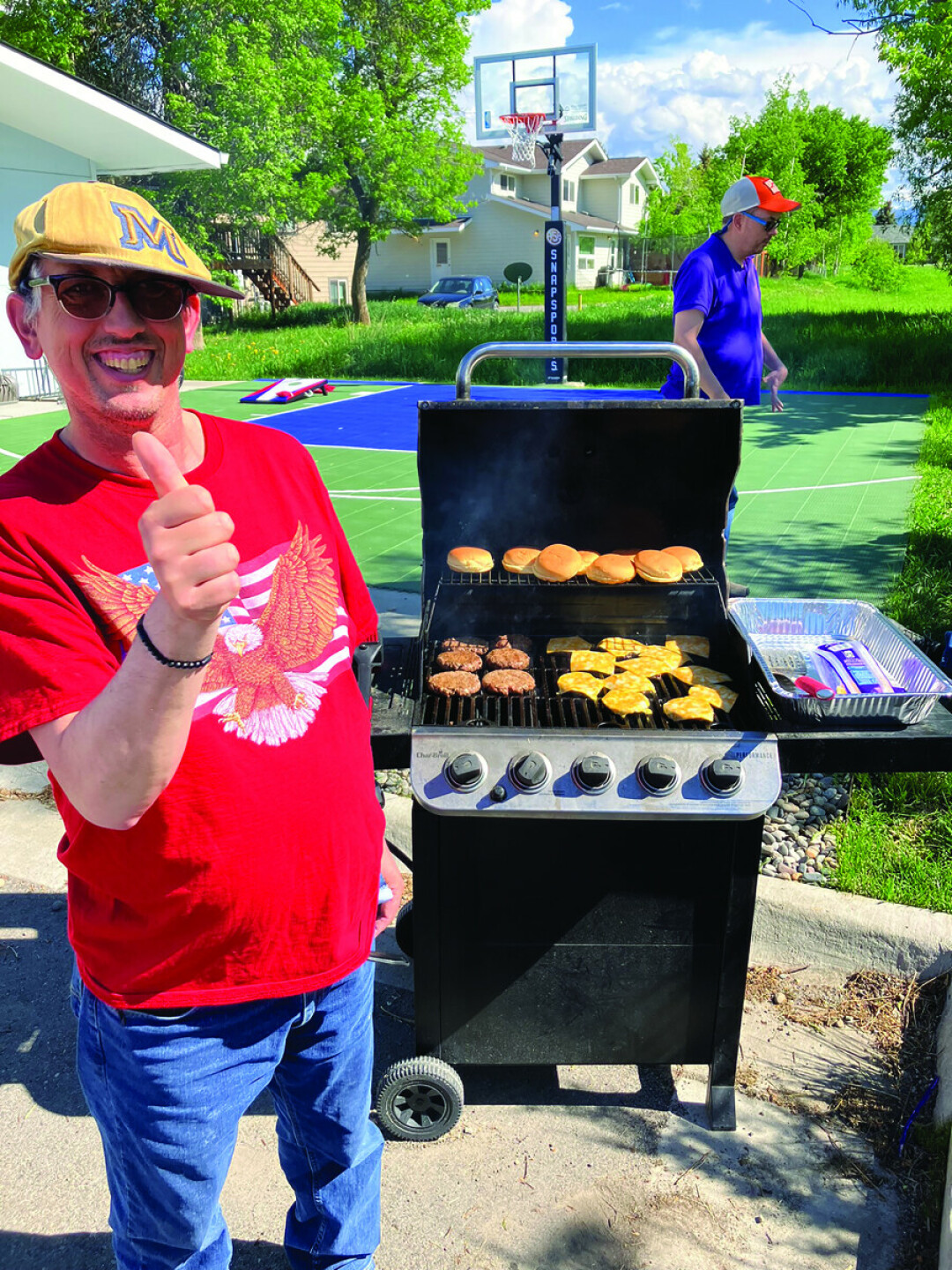REACH Empowering Adults With Disabilities
Celebrating 50 Years of Diversity, Inclusion, and Independence
In Bozeman, in 1974, a small but mighty community of parents and special education teachers was forming. They came together hoping to create meaningful opportunities for their children and students with Down syndrome and other developmental disabilities. At that time, all students had to leave high school at 17 or 18 years old. There were no programs to support graduates of the Special Education program in adulthood. Seeing the absence of opportunities for continued learning or job skill development, this determined group worked diligently to provide a space for this to occur. Fifty years ago, with this vision and incredible effort, Reach was born.
One to two percent of the population is affected by an intellectual disability. Common causes are genetic or chromosomal disorders such as Down syndrome, Fragile X syndrome, Prader Willi syndrome, and autism spectrum disorders. Other reasons a person can develop the need for services like those Reach provides are brain injury before age 18, childhood illness, or exposure to harmful substances / infection before birth. Clients are eligible for services at Reach through enrollment in the Department of Public Health and Human Services’ Developmental Disabilities Program. While the majority of people served by Reach have a close network of family and guardians, many do not. All of Reach’s clients are considered extremely low income.
In those early days, before Reach was incorporated, it was not uncommon for new parents of children with special needs to receive guidance they did not want to follow. Medical professionals advised that the best a parent could do for this new, precious baby was to place them in an institution. This news was devastating and heartbreaking. Most families had to make this difficult choice, as there were not many options available. They had little to no hope. However, nationally, in the Seventies, culture was beginning to shift. The Disability Rights Movement was open to and inclusive of the millions of people who had been marginalized due to their need for accommodations. The founders of Reach were up to the challenge, and the triumph, of creating a better life for their loved ones. Concerns then were much the same as they are today: acceptance, funding for services, community awareness, safe housing, and employment.
What began as a loosely organized social group quickly gained steam. The first Work Center, opened in Reach’s founding year of 1974, had 12 clients. Independent living services began at this time as well. Adults with developmental disabilities living in the community were connected to staff who assisted them with activities of daily living (ADLs). Just over one year later, the first client residence was opened on South 13th Avenue in Bozeman.
Today, Reach operates multiple properties across Bozeman, where individuals live based on the level of support they need. Five residences are home to 22 people who utilize staff participation 24 hours a day. One-on-one care is available at one residence where clients require high levels of support for eating, bathing, and dressing. Two other homes still have high staff ratios, but the people who live there need less support and instruction. Two apartment complexes have daily staffing, mainly to check in about medications, travel needs, and homemaking tasks. These residents have a high level of community involvement, have developed the skills to be safe in their surroundings, know when to call 911, and can navigate around town and in their neighborhood.
In addition to safe and affordable housing for people who wanted to live independently, job skills and employment were key ideals. We all benefit from being useful and serving a purpose and, most often, that can be found in a fulfilling job. Seventy-one clients enrolled in Reach’s vocational services earn a paycheck. They have the opportunity to work on production and assembly tasks at Reach’s Work Center, complete jobs such as recycling and cleaning with staff support, or work at businesses around town. All shifts add up to an average of over 1,600 hours per month, completed at Reach or at over 40 local companies including Schnee’s, Mesa Labs, Gibson Guitar, Montana State University, Bozeman Health, and Safeway. Some Reach clients have been with their employers for decades, making them loyal and dependable members of the team. Many clients also volunteer, contributing valuable support services to nonprofits in the Gallatin Valley.
A big highlight each week at Reach is Worker of the Week. Friday mornings, during break, all clients gather in the kitchen. While there, they enjoy a snack, and find out who will be recognized for demonstrating any number of positive attributes while on the job over the course of the previous week. This is a fun and positive way to celebrate outstanding work habits. Staff and clients discuss different ways to earn Worker of the Week, including ‘be kind to others,’ ‘work hard and stay on task,’ and ‘listen to your supervisor.’ Then, in an exuberant atmosphere, two people are distinguished for their efforts. Each winner receives a certificate and a few dollars. There are many congratulatory cheers and photos!
Today, Reach, Inc., serves 83 adults with developmental disabilities, providing safe and affordable housing, supported living assistance, jobs and employment help, and all-access transportation. Individuals range in age from early-twenties to 83 years young. The life experiences Reach assists clients with include the life-altering challenges of cancer treatments, grief over lost loved ones, navigating the medical world, avoiding exploitation, and making difficult life choices. Support staff also get to walk with people they serve through fun, joyous events, such as helping clients move into new apartments, navigating love relationships, starting new jobs, and making and following a budget. The organization prides itself in accommodating and adapting to the changing needs of their clients as they age. In the 1970s, the life expectancy for someone with Down syndrome was only into their 40s. Now, clients are living longer, healthier, more rewarding lives.
One such individual is John, who came to Reach in 1975 without the benefit of family or a support system. He began with help getting a job. He lived with two roommates, renting an apartment in Bozeman, and received a few hours of assistance every week from a Reach Supported Living Instructor. He worked for over two decades at the Baxter Hotel, as well as at the Humane Society (now Heart of the Valley), where he was nominated for a national award recognizing volunteers. As he aged, his need for services increased, and he moved into a Reach-owned apartment with a few hours of daily support. Around the time he celebrated his 80th birthday, he moved into another level of care with Reach. He now lives in a residence with three other roommates and 24/7 staff support. He remains active by volunteering, attending church, and joining friends for lunch at the Senior Center. He is a joyful, fun-loving guy, admired by his friends and coworkers.
Transportation is an important service for Reach’s clients to have access to all aspects of their lives. It is rare for a Reach client to own and operate their own vehicle. While Streamline and Galavan are valuable options for some of the adults Reach serves, they are not viable for all, nor for every activity. The nonprofit owns and operates a fleet of 18 vans, trucks, cars, and buses, which serve to move clients to and from work, appointments, and community outings. Each quarter, Reach provides nearly 20,000 miles in rides to their clients.
In its fiftieth year, Reach looks to a future where the organization can serve more clients, continue to improve Work Services, and work with legislators and donors to increase funding for its mission to empower those they serve to attain individual goals and aspirations. There are over 2,000 adults in the state who are eligible for services. However, Reach needs human resources and financial aid to increase the number of people in their care. The adults Reach works with are often underestimated, and their skills and abilities can be underutilized and underappreciated. At Reach, employees get to witnesses the extraordinary gifts their clients possess, and appreciate how we all benefit from living and learning from different perspectives.
To learn more about Reach Inc., visit www.reachinc.org or call 406-587-1271 and ask for Jacy.
Jacy Widhalm is a native Montanan and MSU graduate. She has worked in the nonprofit sector for more than 20 years. At Reach, Inc., she is the Community Relations and Development Director responsible for community engagement, events, and fundraising.